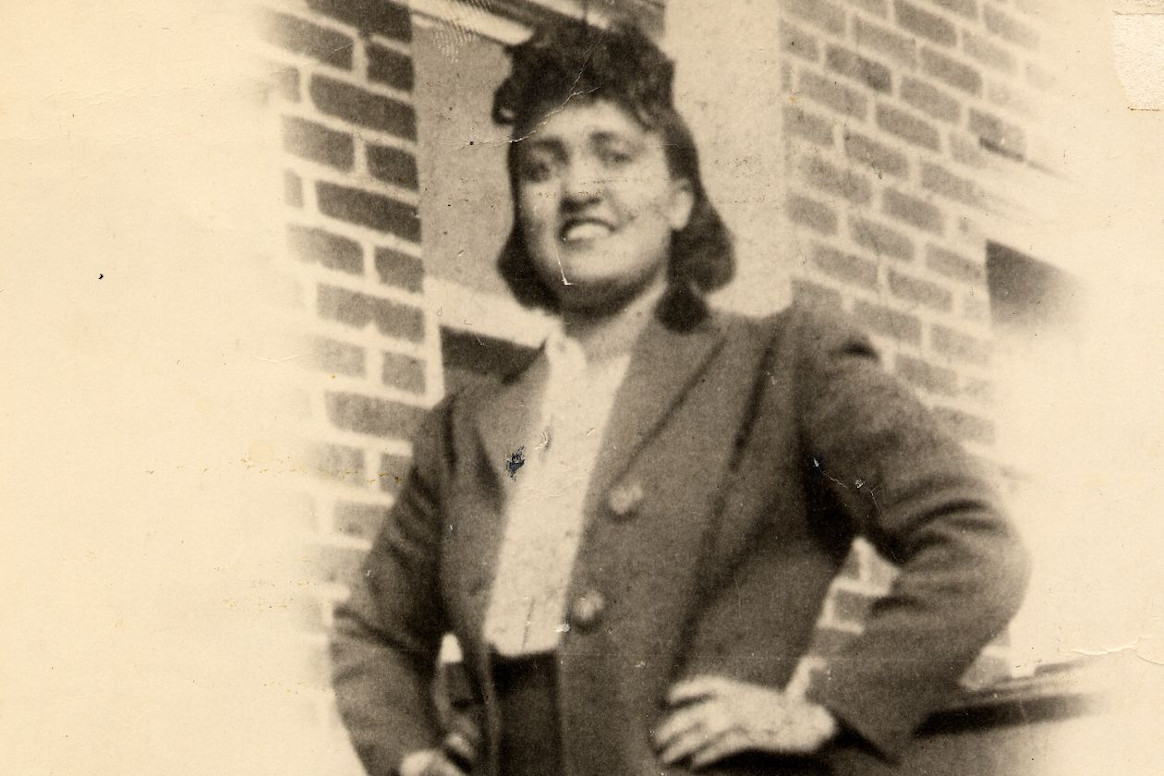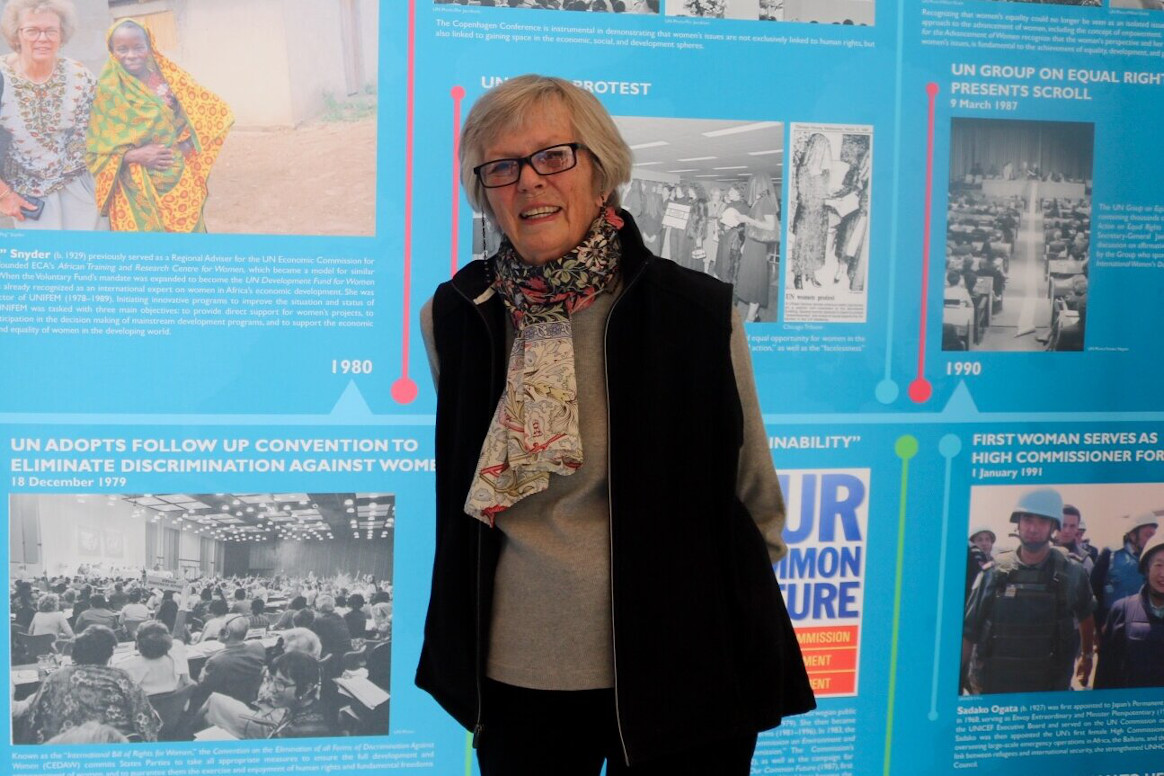On International Women’s Day, Spanish Minister for Foreign Affairs, European Union and Cooperation and Gender Champion for Polio Eradication, José Manuel Albares pays tribute to all the women in polio eradication across the world and reminds us that women are still underrepresented in senior leadership and decision making roles in global health and that these gaps in leadership are driven by stereotypes, discrimination and power imbalances that we are all responsible to tackle.
News Category: Henrietta Lacks

Henrietta Lacks was diagnosed with cervical cancer in 1951, at the age of 31. Doctors in Baltimore, USA took a small sample of her tissue during the treatment to remove her tumour, without her knowledge – a not uncommon way to treat minorities at that time. Up to that point, attempts to grow human cells outside the body had failed. However, Lacks’ cells were different: they were able to divide and replicate indefinitely. These cells became the source of the HeLa cell line – one of the most important cell lines in medical research – and contributed to developing the first polio vaccine. While the world has benefited greatly from Henrietta Lacks’ cells, the unethical use of her cells raised concerns about longstanding medical racism towards marginalized or minority communities – and has contributed to the movement towards more people- and community-centred care.

Margaret C. Snyder is often called the UN’s First Feminist. Her pioneering career refocused the mechanisms of global development aid to include women. As she wrote last year: “There was a failure to realize that the most serious problems of development defy solution without the involvement of women.” When she began working at the UN, in the early 1970s, most women did secretarial work. Under her influence, that began to change. By 2021, women make up a significant portion of UN professional staff, and applying a gender lens to the UN’s work has become essential. This thinking was foundational to the systematic adoption of gender-based planning that has underpinned polio eradication. Margaret C. Snyder died earlier this year at the age of 91.






